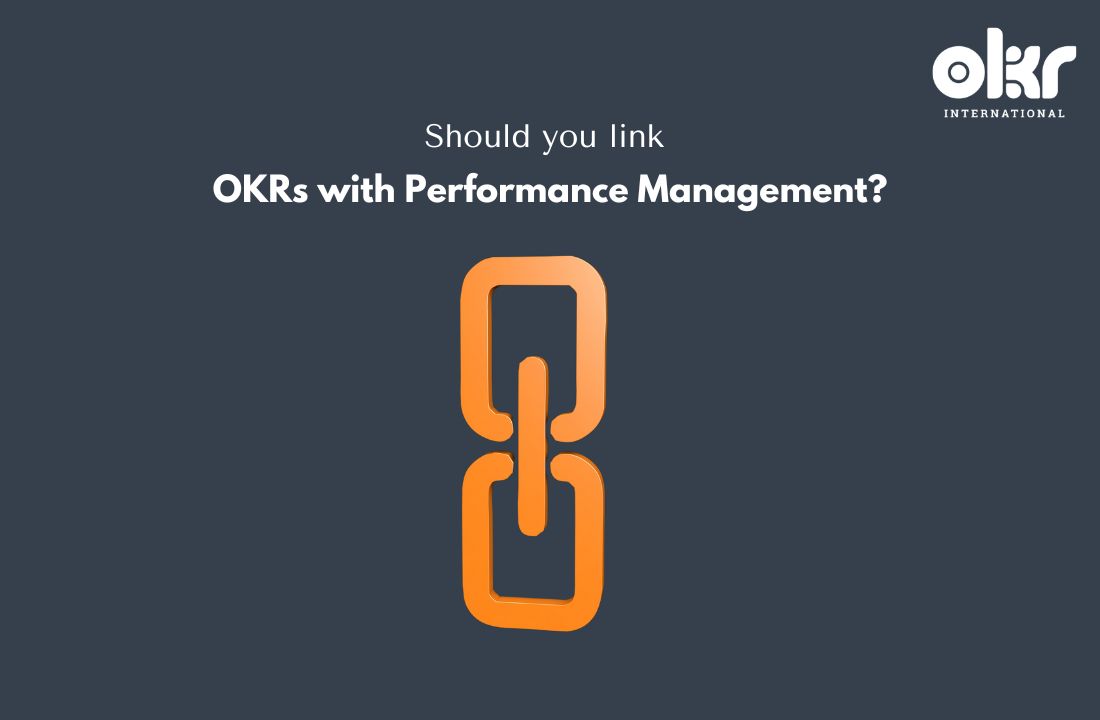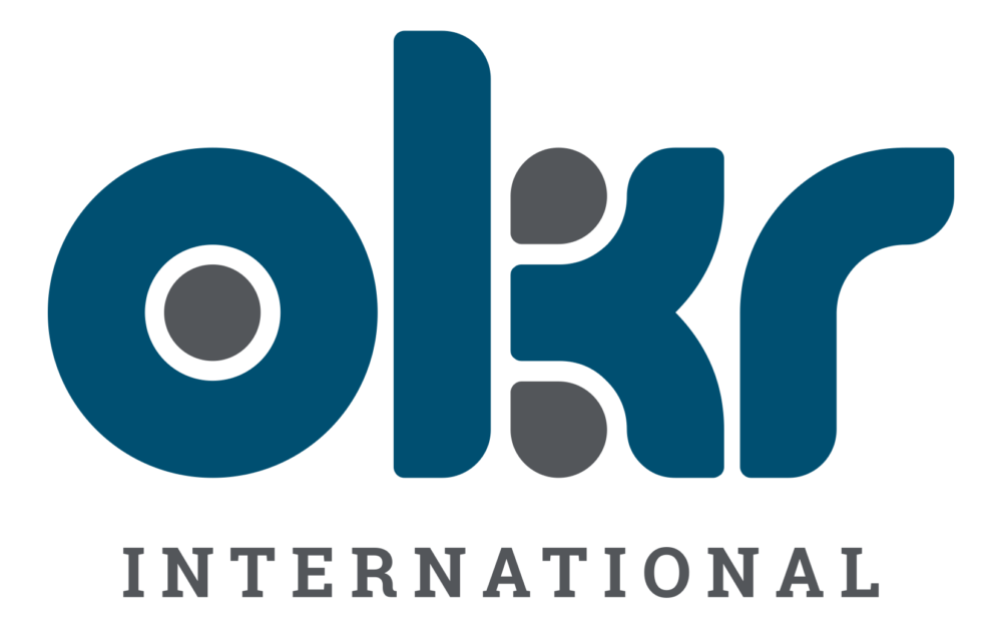Objectives and Key Results (OKRs) are revolutionizing the way organizations set, track, and realize ambitious goals. At the same time, there is a lure to connect them to Performance Management. The question to be asked is if OKRs and Performance Management should be linked.
In this article, you will find more about whether you can connect OKRs and Performance Management, and how.
The 6A’s of OKRs
First, let’s understand what OKRs have to offer.
Companies are fast recognizing that OKRs is one the most effective and progressive goal management methodologies. Google, Netflix, LinkedIn, Spotify and many others have tasted exponential success by using this breakthrough goal management methodology. At the core of this framework are the 6 A’s of OKRs. Let us take a look at them now.
On the other hand, Performance Management ensures equitable and result-driven work environments. When done well, it enables employees to constantly improve their individual performance. Most Performance Management systems require HR, line managers and employees to comply with a whole set of policies and procedures.
Here’s a detailed difference between both, OKRs and Performance Management, on the basis of separate methodologies.
OKR Methodology v/s Performance Management
When organizations decide to link OKRs and Performance Management, it usually ends up causing more trouble than good. Leaders spend innumerable hours negotiating the mixed messages of both of these systems. This coupling eventually threatens the 6 A’s that OKRs bring to an organization. And more so, it makes the Performance Management process excruciatingly confusing. When the following things occur, we see an impact on OKRs.
Hence, if you decide to link OKRs and Performance Management, ensure the following.
Things to Remember while linking OKRs and Performance Management:
- You expect teams to not stretch and hence set only committed (roof shot) OKRs and/or
- You have a failure tolerance and an acceptance culture. There is no penalization towards teams and individuals for trying something new and for failing.
- Your employees trust that the appraisal is going to be consistent, fair, transparent, They know that there will be no surprise feedback and/or
- There is no forced ranking that takes people and buckets them in performance categories, but still expects everyone to strive for excellence and/or
- You link only the ‘how’ while working on OKRs. In other words, this contains the behavioral competencies displayed while working on OKRs. The focus needs to be on setting Result Orientation, Agility, Collaboration, Bias for Action and other such Behavioral Competencies. It’s possible to link a percentage of the Performance Management to this ‘how’ and/or
- Managers act more like coaches and help team members navigate through challenges and/or
- The only OKRs linked to individual performance management are the team’s. This allows everyone to pull their weight and contribute to a collective goal. The premise here is that Agile team design support collaborative, fair and transparent work culture.
Follow us on LinkedIn to stay in touch!



